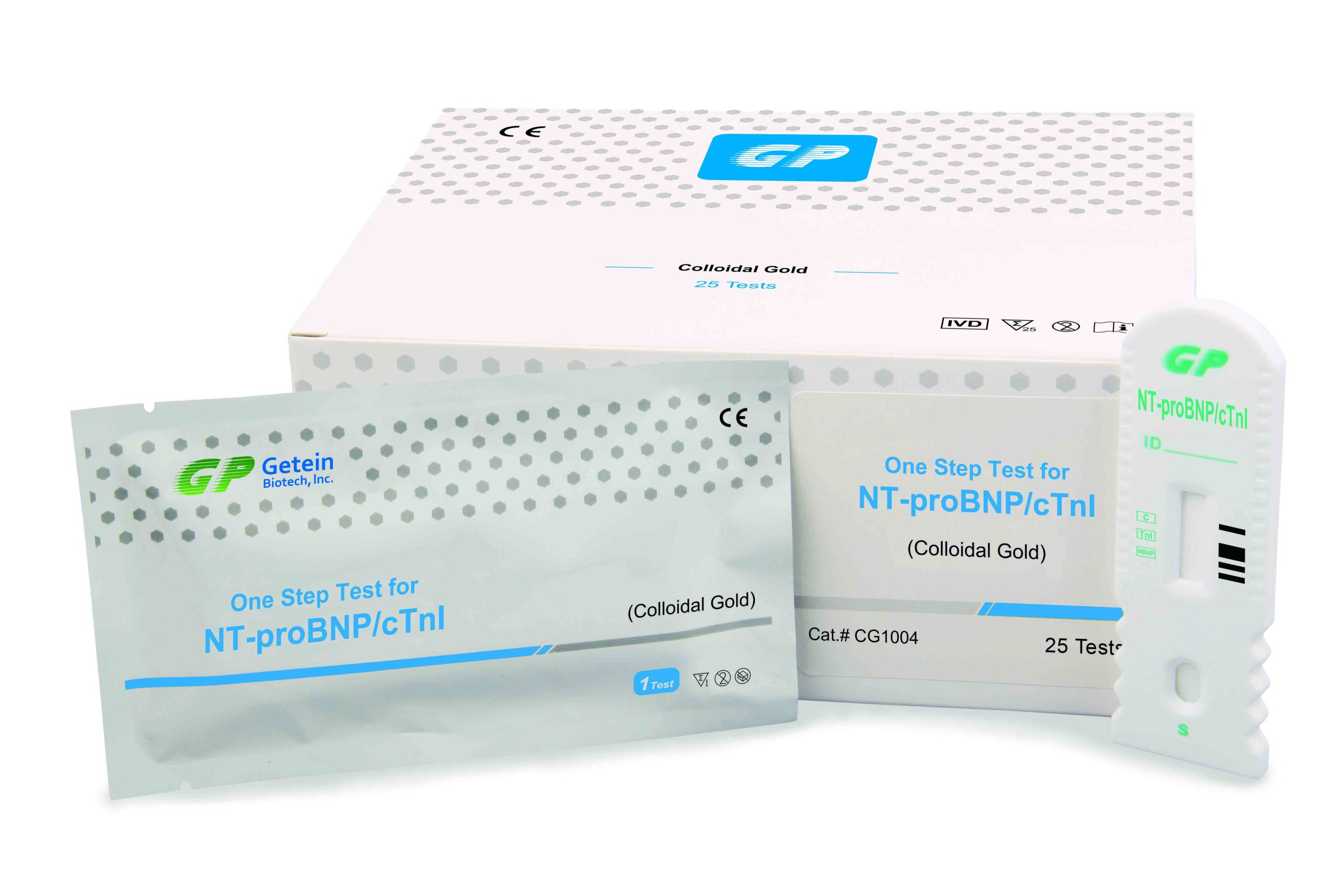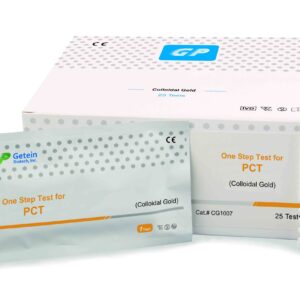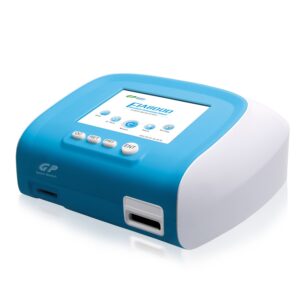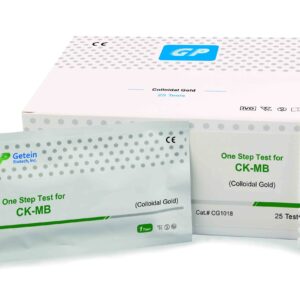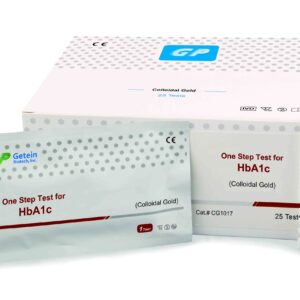Description
N-terminal B-type natriuretic peptide precursor is secreted from the left cardiac ventricle in response to volume and pressure overload. It’s an inactive N-terminal fragment that split from NP prohormone. NT-proBNP can be used to evaluate heart contractile, diastolic dysfunction, and ventricular segmental wall motion coordination. Besides, it has high sensitivity and negative predictive value (>97%). As a gold standard recommended by the European Society of Cardiology, American Heart Association, and American College of Cardiology for the diagnosis and prognosis of heart failure, NT-proBNP is used to find heart failure patient at the early stage, determine HF risk levels, monitor medical efficiency of HF drug, evaluate prognosis of HF patient and to distinguish dyspnea that caused by HF from other diseases. Furthermore, NT-proBNP is a risk assessment indicator for Acute Coronary Syndrome.
Troponin, a molecular complex that is bound to the thin filament (actin) of striated muscle fibers, acts with intracellular calcium to control the interaction of the thin filament with the thick filament (myosin), thus regulating muscle contraction. Troponin consists of three regulatory proteins: T, which connects the troponin complex and tropomyosin (another cardiac muscle regulatory protein); I, which prevents muscle contraction in the absence of calcium; C, which binds calcium. Cardiac Troponin I (MW 22.5 kDa) and the two skeletal muscle isoforms of Troponin I have considerable amino acid sequence homology, but cT contains an additional N-terminal sequence and is highly specific for myocardium.
Clinical studies have demonstrated the release of cTl into the blood stream within hours following AMI or ischemic damage.
Elevated levels of cTnI are detectable in blood within 4 to 6 hours after the onset of chest pain, reaching peak concentrations in approximately 8 to 28 hours, and remain elevated for 3 to 10 days following AMI. Due to the high myocardial specificity and the long duration of elevation, cTnI has become an important marker in the diagnosis and evaluation of patients suspected of having an AMI.

